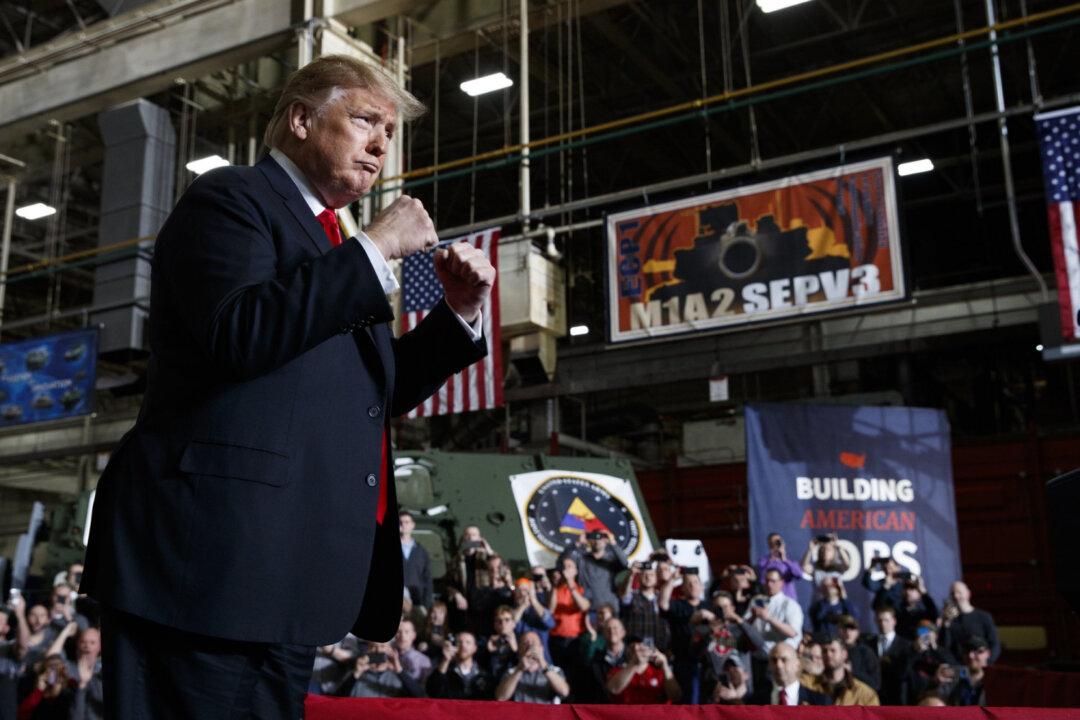WASHINGTON/BRUSSELS/BEIJING—President Donald Trump’s effort in pushing Beijing to change its market-distorting trade and subsidy practices has drawn broad support from company executives to allied governments and members of both parties of Congress.
As U.S.-China talks to end a trade war reach their endgame, politicians, executives and foreign diplomats are urging Trump and his team to hold out for meaningful structural reforms in China to address entrenched problems in the relationship that hurt American and other foreign companies and workers.





